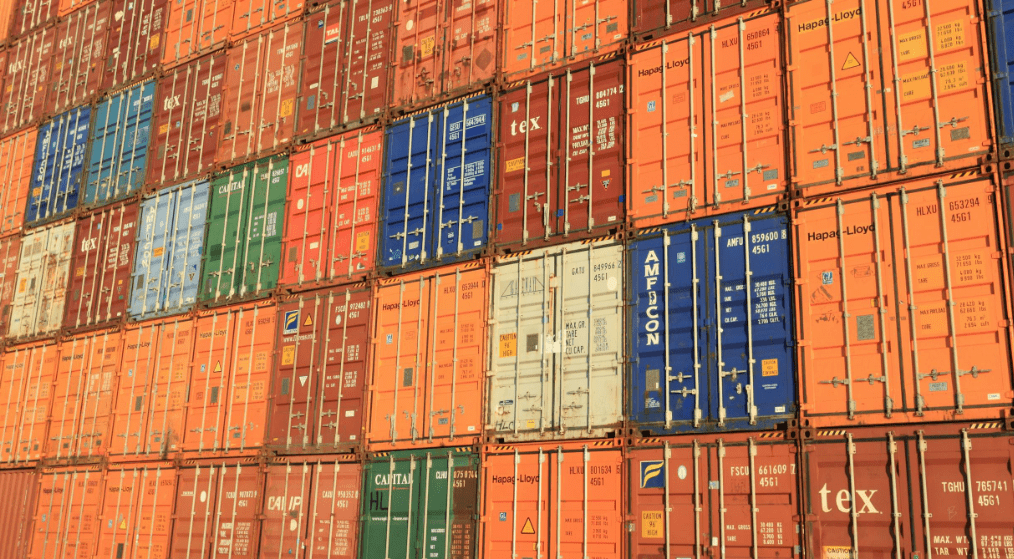Stalled wages drive brands to adopt ‘kadogo’ economy

The private sector has warned that Kenya is fast becoming a “kadogo economy” as shrinking disposable incomes and high tax policies hit manufacturers forcing a shift from production of bulky retail products to mini packets.
The “Kadogo economy” is characterised by selling products at their lowest divisible level and allowing consumers to make small daily purchases.
According to Carole Kariuki, Kenya Private Sector Alliance (Kepsa) chief executive, most companies are now packing their products into smaller packets such as the 1 kgs compared to the previous periods where products were predominantly packed in 2,5 and 10 kgs in large quantities. She noted that the salary that the majority of Kenyans, especially from the middle class are surviving with is similar to what they were earning almost seven years ago because of the same factor.
“So, what happens to our food? We the manufacturers, we the business people have to produce because we have invested but what is happening is if you go to most supermarkets and shops there are all these deals because people need to sell and so the prices are going down,”Kariuki said.
“If you got to some of the biggest supermarkets today, and what you are finding is kadogo market hardly can you find the 2 kgs, you only find the small packets because that’s where most Kenyans are,” she stated.
Despite the prices going down, most Kenyans are unable to see the benefits as their incomes are greatly affected by the high taxes. This, according to the CEO, affects the competitiveness of businesses in the country. Additionally, the high tax regime and the regulatory environment have also proven to be a log to many businesses as the cost of raw materials coupled to operational costs continue to be unbearable for the majority of business owners.
As a result, businesses are not looking forward to substantial growth in the current fiscal year. “The reason why nowadays you don’t find Kenyan products like we did, producing in Kenya has become very expensive and unless we deal with that side of the inputs and the production side we will not grow. We have great policies in the country great regulations but the greatest challenge is how they are implemented,” she added. The industry, according to her is also marred by cartels whom she said have dominated key access points making it harder for the other business operators.
“You can find a whole sector is held captive by one individual because they have access to certain things yet it should be a fair playing ground for all businesses
For businesses in the country to record a turnaround, Kariuki is proposing that businesses in the export markets to be incentivized even as the government reconsiders its policies.
Infrastructure projects
The country also has immensely invested in infrastructure projects which when well utilised can rev up the business’ activities in the country. Kariuki said: “So, this is where our opportunities lie,” adding that some of the infrastructure opportunities that could be readily utilised now include the SGR, taking advantage of the cargo coming into the country and the ones that go back empty.
“If we incentivised businesses in the export side and say that if coming to the inland costs you this much for you to export, and then you pay half of the amount those cabins would not go empty. We will increase our produce and exports,” she explained. “Now that key markets such as the US are transitioning to being conservative in order to build its local businesses, Kenyans could as well strategise its operations instead of complaining.”
Additionally, Kenya has wider market access in partner countries but the majority of businesses have not been adequately informed about them and the procedures involved. Kenya Association of Manufacturers (KAM) CEO Tobius Alando said this still remains a big challenge limiting the growth of businesses in the country.
“If well informed and facilitated, Kenyan business can be able to access African markets through the Africa Continental Free Trade Area (ACFTA) which gives them an opportunity to access about $3 trillion (Sh387 trillion) African market and access to over 1.5 billion people thereby encouraging large scale production of goods and growing the sector.
On top of this, the country also has access to the United Arab Emirates (UAE) market under the Comprehensive Economic Partnership Agreement (CEPA) which was signed last month.
“The agreements that have just been signed, we hope that they can be actualised, and every young citizen in the country, particularly the youth, also need not fear venturing into manufacturing even if as an SME because we do have an opportunity to access all these markets and grow the sector,” he said.















